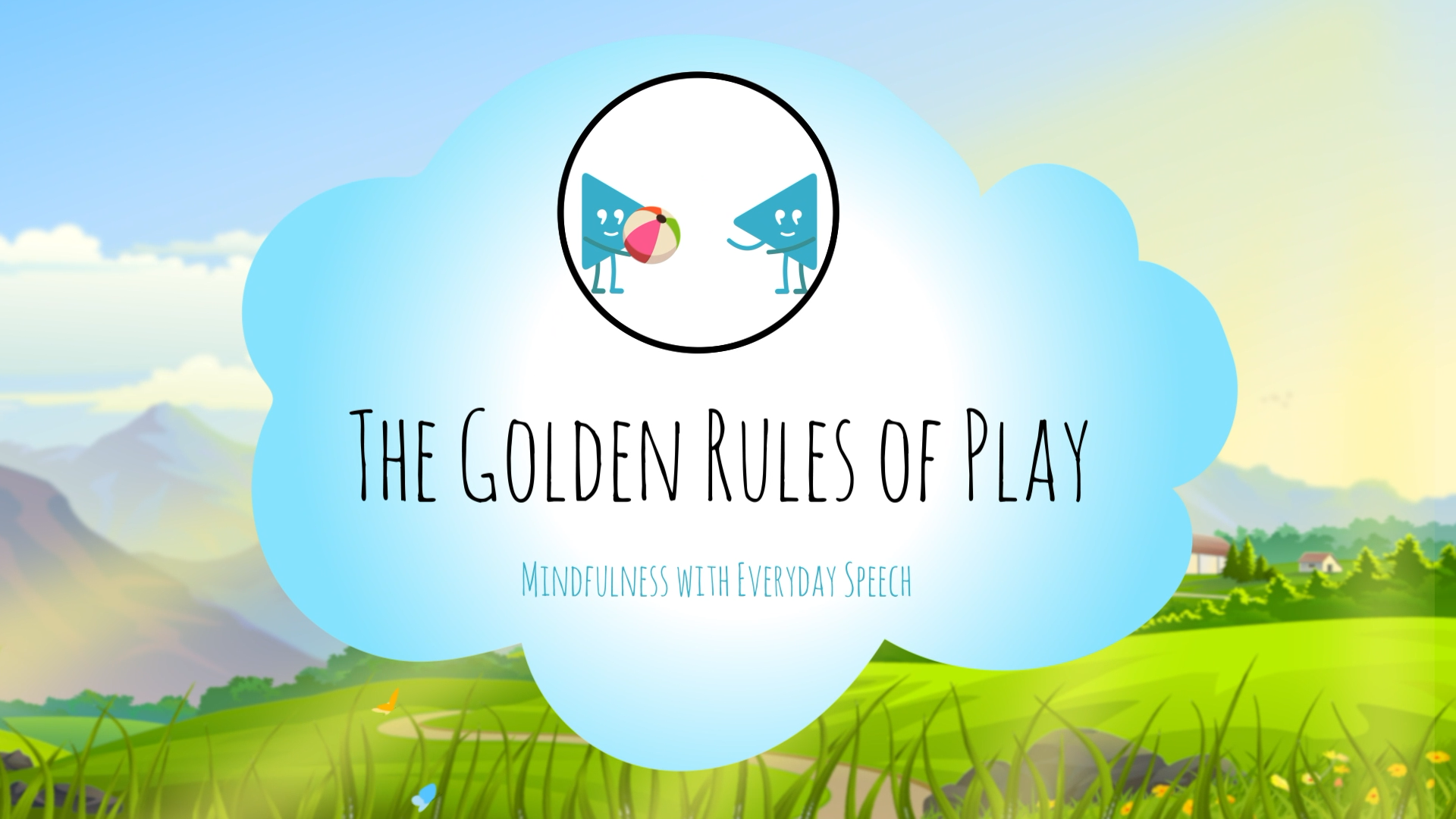
Introduction
Playing with others is an essential aspect of a child’s social-emotional development. To ensure that everyone has fun and feels included, it’s important to teach students the Five Golden Rules of Play. These rules promote positive interactions, cooperation, and a sense of fairness among children. In this blog post, we will explore each of the Five Golden Rules, provide a no-prep activity for educators, and offer discussion questions to stimulate further learning.
No-Prep Activity: The “Common Interests” Game
This simple activity requires no preparation or materials and helps students practice the first Golden Rule of Play: Find what you have in common. Have students sit in a circle and take turns sharing one of their favorite activities or interests. As each student shares, others in the group who share the same interest should raise their hand. This helps students discover common interests and encourages them to engage in cooperative play with their peers.
Discussion Questions
- How do you feel when someone quits a game when they’re losing? How does it affect the group?
- Why is it important to take turns and play fairly? How does it make others feel when everyone gets a chance to participate?
- What strategies can you use to stay calm and be flexible when things don’t go your way during playtime?
- How can asking to join a game help you feel more included and make new friends?
- What are some ways you can follow the rules of a game, even when it’s challenging or you’re not winning?
Related Skills
In addition to the Five Golden Rules of Play, there are other relevant skills that students can develop to enhance their social-emotional learning. These include:
- Active listening: Paying attention to what others are saying and showing empathy through body language and verbal responses.
- Conflict resolution: Learning to address disagreements in a calm and respectful manner, finding solutions that benefit all parties involved.
- Teamwork: Collaborating with others to achieve a common goal, sharing responsibilities, and supporting one another.
- Self-regulation: Managing emotions and reactions in a healthy way, especially during challenging situations or when faced with disappointment.
Next Steps
To further support your students’ social-emotional learning and enhance their understanding of the Five Golden Rules of Play, sign up for free samples of skill-based activities and resources at Everyday Speech. These materials can help you create a more inclusive and supportive learning environment for your students, encouraging positive interactions and fostering lifelong skills.

